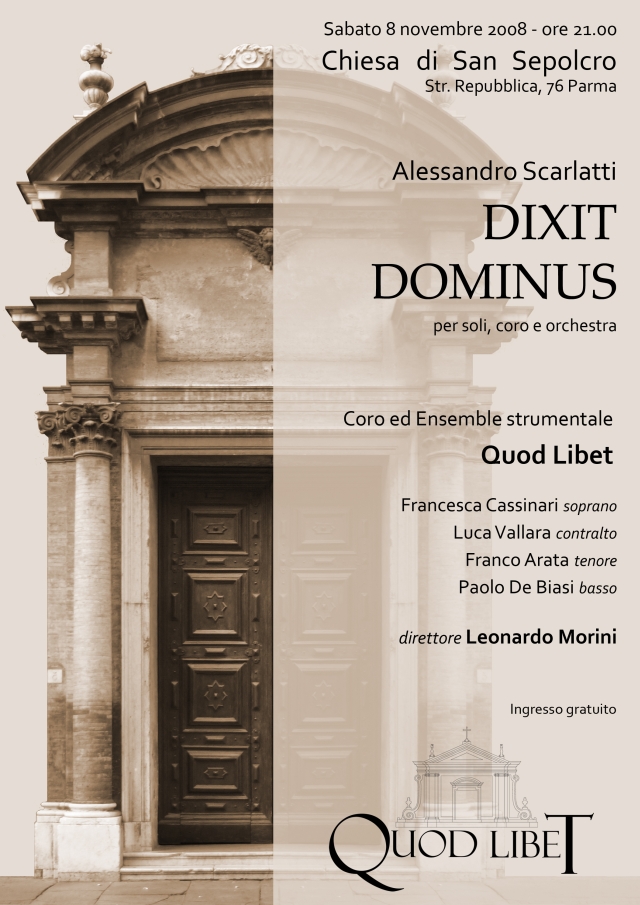
The installation process is over in a few seconds, and brings you to a clear-cut interface, which allows both novice and power users to find their way around it, with great ease. Reduction in proof strength of logics without ex falso are discussed in minimal logic.Quod Libet is a cross-platform audio player which helps individuals listen to songs, create and save playlists to the hard drive, and edit metadata. That is to say, the principle of explosion is an argument for the law of non-contradiction in classical logic, because without it all truth statements become meaningless. P, ¬ P ⊢ Q ) is worthless because all its statements would become theorems, making it impossible to distinguish truth from falsehood. In symbolic logic, the principle of explosion can be expressed schematically in the following way: These allow some contradictory statements to be proven without affecting other proofs. In a different solution to these problems, a few mathematicians have devised alternative theories of logic called paraconsistent logics, which eliminate the principle of explosion.

If that is the case, anything can be proven, e.g., the assertion that " unicorns exist", by using the following argument: Mathematicians such as Gottlob Frege, Ernst Zermelo, Abraham Fraenkel, and Thoralf Skolem put much effort into revising set theory to eliminate these contradictions, resulting in the modern Zermelo–Fraenkel set theory.Īs a demonstration of the principle, consider two contradictory statements-"All lemons are yellow" and "Not all lemons are yellow"-and suppose that both are true. Around the turn of the 20th century, the discovery of contradictions such as Russell's paradox at the foundations of mathematics thus threatened the entire structure of mathematics. Due to the principle of explosion, the existence of a contradiction ( inconsistency) in a formal axiomatic system is disastrous since any statement can be proven, it trivializes the concepts of truth and falsity. The proof of this principle was first given by 12th-century French philosopher William of Soissons. That is, once a contradiction has been asserted, any proposition (including their negations) can be inferred from it this is known as deductive explosion.

In classical logic, intuitionistic logic and similar logical systems, the principle of explosion ( Latin: ex falso quodlibet, 'from falsehood, anything ' or ex contradictione quodlibet, 'from contradiction, anything '), or the principle of Pseudo-Scotus, is the law according to which any statement can be proven from a contradiction.

JSTOR ( August 2020) ( Learn how and when to remove this template message).Unsourced material may be challenged and removed.įind sources: "Principle of explosion" – news Please help improve this article by adding citations to reliable sources. This article needs additional citations for verification.


 0 kommentar(er)
0 kommentar(er)
